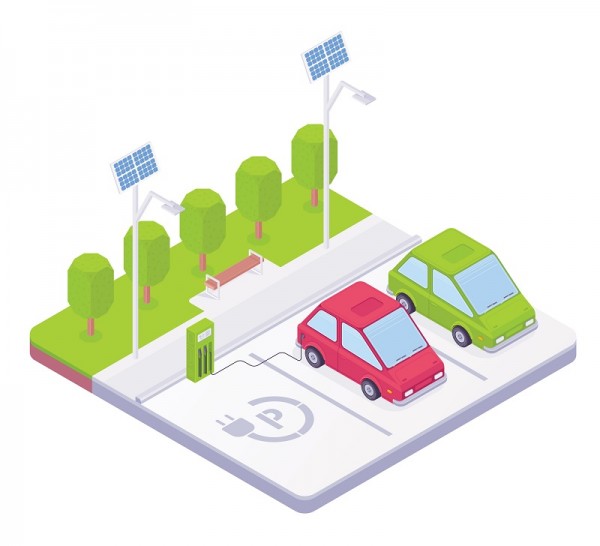The Prime Minister has announced that there will be a ban on the sale of new cars and vans powered by fossil fuels from 2030.
This announcement comes to light as part of the government’s “green industrial revolution” plan.
However, Neil Addley, who has worked in the automotive industry for almost 30 years, believes that moving this ban forward from 2040 to 2030 is “irresponsible and economically ill-conceived”.
“Whilst we all want to see a reduction in carbon emissions this smacks of yet another wildly optimistic proposal from Mr Johnson. There has been little warning to the industry which employs over 800,000 people in the UK. By bringing the ban ten years earlier, how is the nation’s infrastructure industry supposed to cope? We may be leaving the EU but as cars are manufactured globally, surely, we should be in step with other countries”, says Neil, Managing Director of JudgeService Research.
The government have said that £1.3bn will be invested into charging points for electric cars. The current availability for electric vehicle charging is scarce right now. The infrastructure that needs to be in place for this change is huge.
Will £1.3bn really cut it to ensure every single electric car can be charged quickly and efficiently?
Neil points out how important the correct infrastructure will be:
“This plan totally isolates a large proportion of the population. Will the government really ensure charging points are spread to rural areas and how are people living in tower blocks supposed to be able to charge their cars at home?”

Electricity isn’t a completely green solution anyway.
In fact, research by the Swedish Environment Institute found that the manufacturing process of an electric car battery emits 17.5 tons of carbon dioxide.
“Why are we ignoring the truth that making batteries and then disposing of them is, in itself, a significant environmental challenge? We should be looking at alternatives like hydrogen and requiring further improvements in the internal combustion engine,” explains Neil.
Surely, cleaner alternatives such as hydrogen should be investigated with just as much funding. Toyota has revealed that next year they will be starting to build a city at the base of Mount Fuji called “Wovan” which will be entirely powered by hydrogen fuel cells.
Read more about the new project here.
In a recent JudgeService “State of the Nation” survey of car buyers, we found that less than 0.6% currently drive electric cars and only 6% expect their next car to be fully electric.
“This plan has been hatched by someone living in the London bubble who knows he won’t be held to account in 10 years’ time and therefore won’t have to deal with the problems that arise. I fear the PM has suffered again from being overly optimistic, just like he has with COVID-19”, says Neil.
The automotive industry employs over well over eight hundred thousand people in the UK and to eradicate 120 years of motoring, and still make it affordable, is something which has us doubtful.
Liked this blog? Read more blogs by JudgeService by subscribing to our email alerts. Alternatively, follow us on socials!

